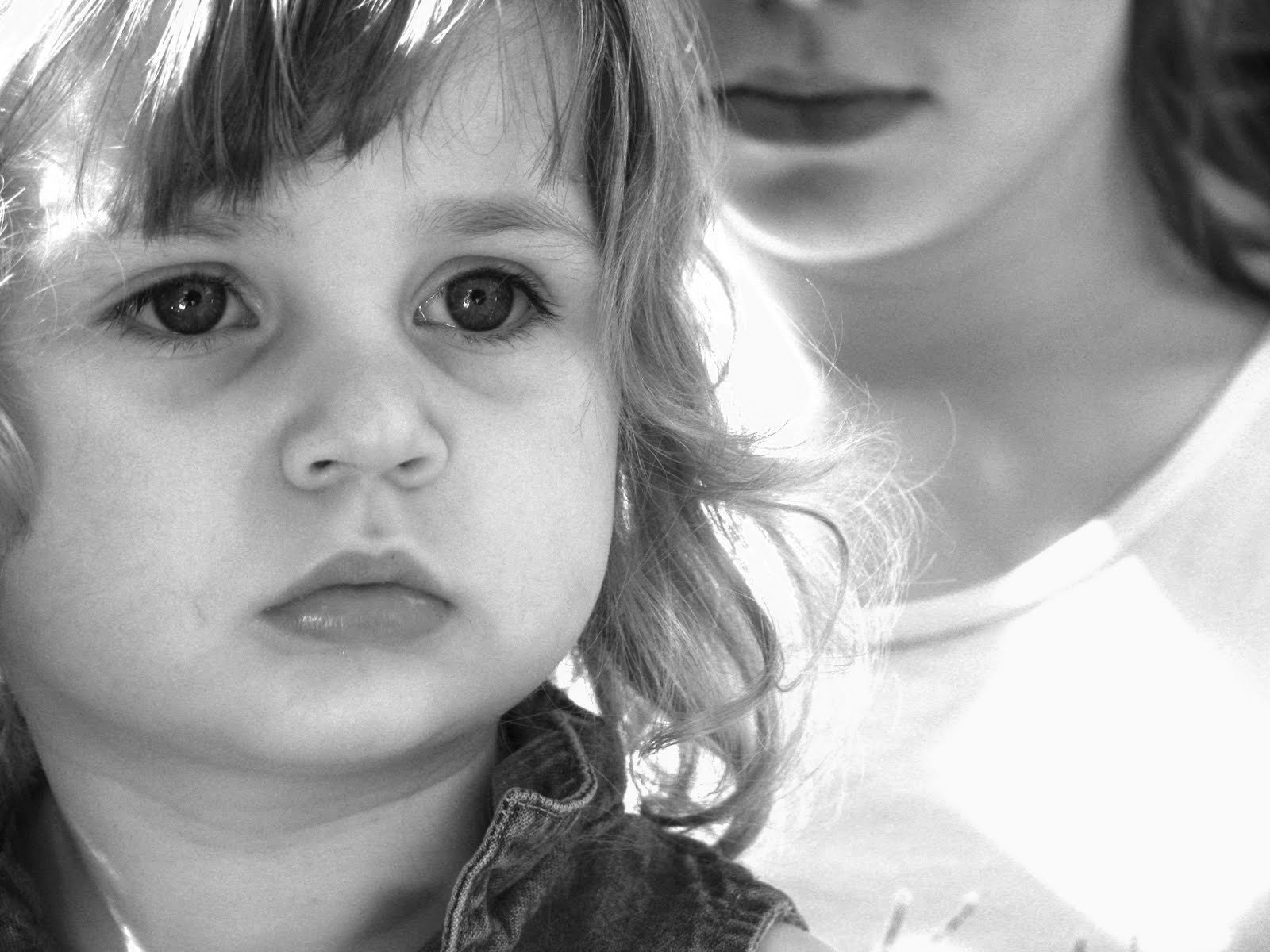
I recently listened to a talk on suicide. The speaker was Jack Klott, a psychologist and “suicidologist,” author of Suicide and Psychological Pain: Prevention that Works. He was asked if children ever wanted to end their lives.
He proceeded to give the example of an eight-year-old boy. The boy’s father had suddenly died recently, of a heart attack while cutting the lawn. Several weeks after his father’s death the boy, who had no history of emotional or behavioral problems, was found sitting under the parked school bus tires. He was hoping to be run over.
Needless to say, this created quite a stir at his school, and with his family. When asked why he did this he replied, ‘Everyone said Daddy is in Heaven. I want to be with him.’ He was honestly puzzled by the upset reaction of everyone. ‘I waited until the end of the school day,’ he added, defensively.
The speaker commented, ‘The boy was taught a perfectly reasonable and spiritual story about life after death. However, people failed to tell him about the permanency of death.’
Now wait a minute, I thought. If there really IS an afterlife, and loved ones ARE in Heaven for blissful eternity, then what’s psychologically troubling about the boy’s reaction? Life on earth compared to an eternity in Heaven? An eternity with his beloved father, and all the rest of his family who will be joining before long? What’s a life on earth for 60, 70 or even 90 years compared to effortless and joyous eternity?
Let’s be honest about this subject, if only for a rare moment. The boy is simply being logical and consistent. If death IS permanent, as the expert on suicide claims, then why is it ‘reasonable and spiritual’ to tell this poor child that his father really isn’t quite so dead after all?
Religion and psychology are not supposed to go near each other; or at least that’s what everybody claims. But here is an example of where religion and psychology encounter a catastrophic collision.
The expert giving this talk (whom I found otherwise quite rational) is expressing a major contradiction here. On the one hand, he’s criticizing the adults in this boy’s life for not teaching him that death is permanent. In other words, the boy should have been taught that if he kills himself—that’s it, it’s all over.
At the same time, the expert is labeling the notion of Heaven and blissful afterlife a ‘reasonable and spiritual’ thing.
Well, which is it? Both cannot be true. Let’s not confuse this poor kid!
You cannot logically argue that life after death for blissful eternity in any way competes with a few measly decades on earth. Especially when life on earth can involve pain—such as the loss of your father when you’re eight—while Heaven promises effortless and eternal bliss.
The wonderful thing about children is that they are intellectually honest. They are consistent with their logic, within the range of their capacity. If you ask me, children are way smarter than most adults. This is not a compliment to children so much as a sad reflection of how evasive, contradictory and just plain irrational most adults tend to be on most issues. It’s sad, and it explains the mess the human race (despite its many accomplishments) is perpetually confronting.
Think about it. Most human beings believe that there’s an alternate reality in which personal responsibility, effort and achievement are unnecessary and unimportant. Some express this view politically, saying, in effect, “Let’s create utopia on earth.” Others express it via religion saying, in effect, “Wait until you die.” Either way, it’s a mental phenomenon some psychologists would label a “wish-fulfillment” mechanism. But wishes aren’t the same as facts. Are they? And would you trust a psychologist who told you they were?
How are we to teach children to distinguish between facts and wishes when most of us adults haven’t yet grasped the distinction ourselves?
Suicidal ideation in children is, of course, an extraordinarily rare and shocking thing. The speaker was trying to provide an example from the fringe, because it was interesting and unusual. But is was also enlightening in a way that I doubt he intended.
Children often ask the hard questions. Usually, they’re the questions adults haven’t yet answered for themselves … and perhaps don’t wish to answer.
Be sure to “friend” Dr. Hurd on Facebook. Search under “Michael Hurd” (Rehoboth Beach DE). Get up-to-the-minute postings, recommended articles and links, and engage in back-and-forth discussion with Dr. Hurd on topics of interest.
